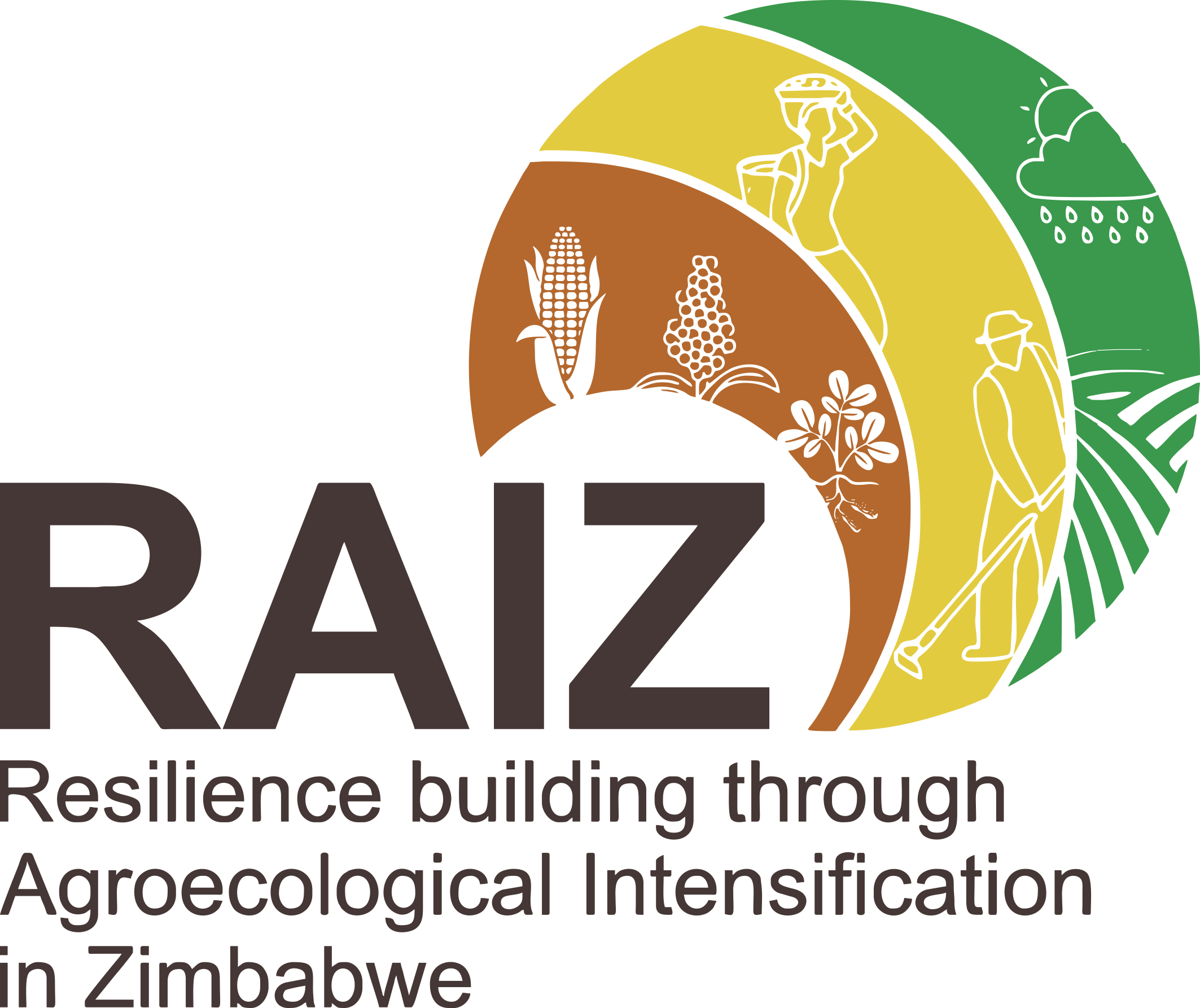Agronomic performance of sorghum genotypes under contrasting fertilization rates across different pedoclimatic contexts in Zimbabwe.
Research question
- What are the favourable combinations of genotype(s) and agroecological practices that promote increased performance of sorghum?
General context
Sorghum is more resilient to climate change than the other cereals: maize, rice, wheat, and barley. Sorghum thrives in drought prone areas and nutrient-poor soils which characterize the bulky of sub-Saharan Africa. It is thus an important food security crop, as it has various uses such as food, fibre, fodder, fuel and beverages. Farming in Zimbabwe generally relies on rain even in the most arid regions of the country, so there is need to have sorghum genotypes specifically adapted for specific regions in terms of genotype by environment interaction.
Importance of the research question
Selection of sorghum genotypes that suffer less heat and drought damage or a combination of a given genotype for a given agroecology is key in improving the sorghum farming systems that deploy agroecological intensification in resilience building. Breeders would thus select genotypes that are climate smart in respect to specific local regions. Furthermore, farmers would be encouraged to cultivate these adapted genotypes to ensure optimum productivity. The incorporation of specific adaptability instead of wide adaptability in plant production technology ensures optimal gains for the marginalized smallholder. Plant breeders exploit genetic diversity in genetically enhancing any trait including resilience building.

Oscar Kudzanai CHIGODORA
Masters Student
Duration
2023-2024
Supervision
Supervisor: Prof R. Chikowo (UZ)
Co-Supervisors: Dr G. Falconnier (CIRAD); Dr R. Cardinael (CIRAD), Prof E. Gasura (UZ) & V. Chimonyo (CIMMYT)
Location
Agroecological regions II, III and IV (Murehwa and Mutoko Districts)
Is the project fully funded? If not, amount in € balance.
Yes, fully funded
Biography
Oscar holds a BSc Hons. Plant Breeding and Biotechnology (HPBB) from University of Zimbabwe (2018-2021).
